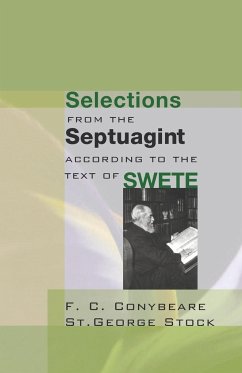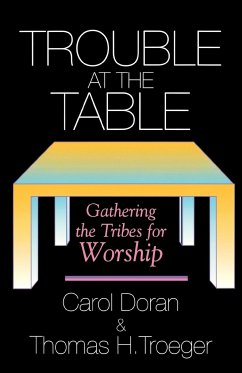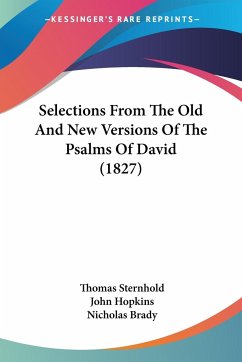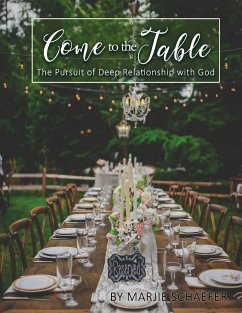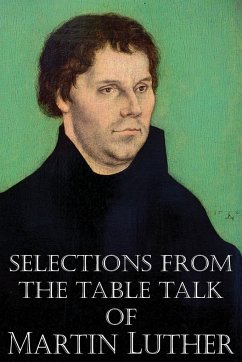
Selections from the Table Talk of Martin Luther
Versandkostenfrei!
Versandfertig in 1-2 Wochen
13,99 €
inkl. MwSt.

PAYBACK Punkte
7 °P sammeln!
Table Talk-Tischreden-is a substantial folio. The talk of Luther was arranged, according to its topics, into eighty chapters, occupies 1,390 closely printed pages, a full fourteen volumes. Selections from the Table-Talk of Martin Luther condenses Luther's work presenting choice passages. Every paragraph stands unabridged, exactly as it was translated by Captain Bell; and there has been no other purpose governing the choice of matter than a resolve to make it as true a presentment as possible of Luther's mind and character.




